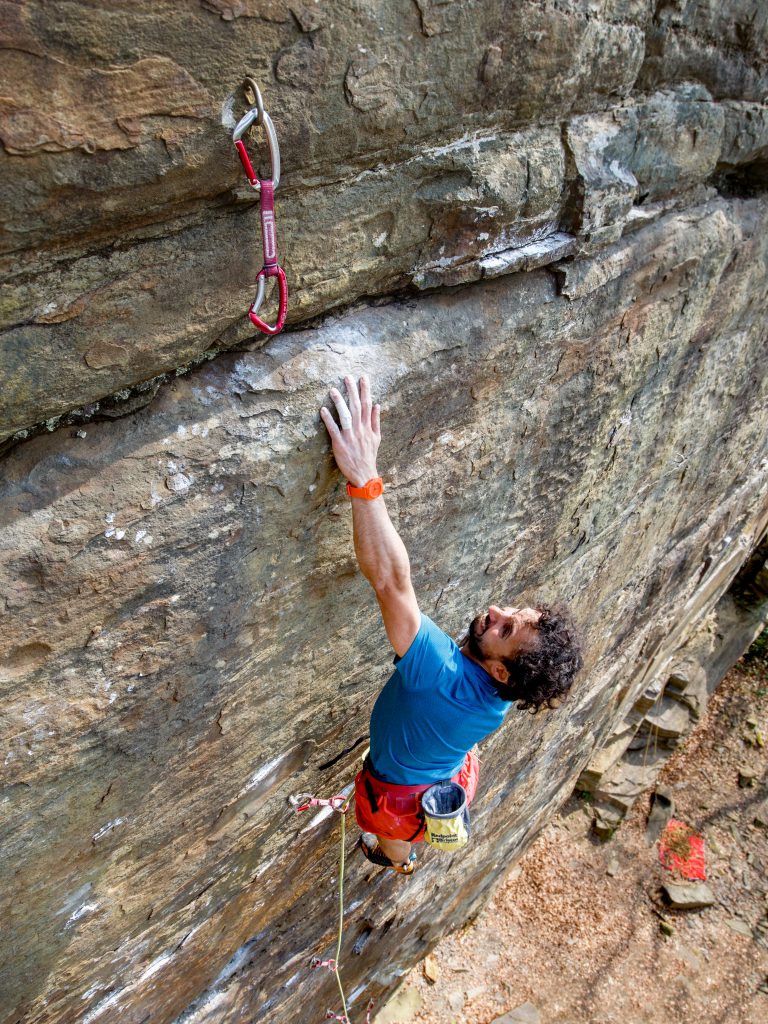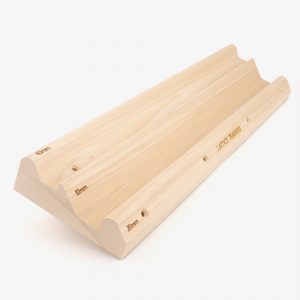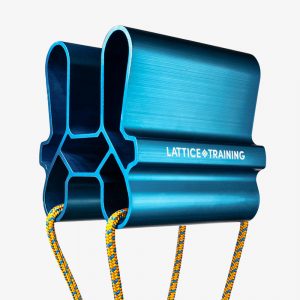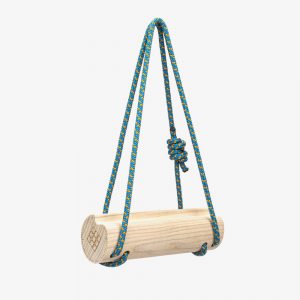Training Tips for Climbers: Finger Strength VS Climbing Grade
This is a topic we get asked about a lot!
The reality is that while finger strength is a good indicator of how you might be able to perform on the rock, it doesn’t tell us for certain whether you are going to be able to get up a particular climb or not!

As someone who’s always had weak fingers for my grade, I’ve had to make peace with the fact that I might not ever have the strongest fingers in the world.
This has encouraged me to find other ways of making sure I’m able to achieve in my favourite sport.
1. Aerobic capacity – Needless to say, if you struggle in making strength gains having a really good aerobic capacity will allow you to stay on the wall for longer and will help you to get the most out of resting spots.
2. Knees and tricks – The number of times I’ve managed to turn the crux of a route into a hands-off rest because of kneebars sometimes makes me wonder why I even fingerboard. Creative resting positions are the key to getting into harder grades, regardless of whether you have strong fingers or amazing endurance.
3. Knowing your optimal resting time – Not all resting positions are hands-off, and there is a bit of an art to knowing how long to rest at a certain spot. There is the perfect amount of time to rest at a certain spot before you get diminishing returns, and if you don’t practice this in your aerobic capacity sessions, you won’t get the feel for how long you should be resting.
4. Micro beta – While a stronger climber may be able to simply pull through a move, if you are operating at the limit of your ability, you are going to need to refine every single move. Precise positions of feet, hands, hips, and patience in finding the sequence. A good rule I follow is if I can hold the position, then I can move into the position. I just haven’t found the beta yet
5. Consistency – It’s been said many times before, but consistency is key to making good strength gains. We can work out a way around not having good finger strength, but sometimes you just need to pull really hard
Simply put, consistent hard work works, and that’s why we train!






